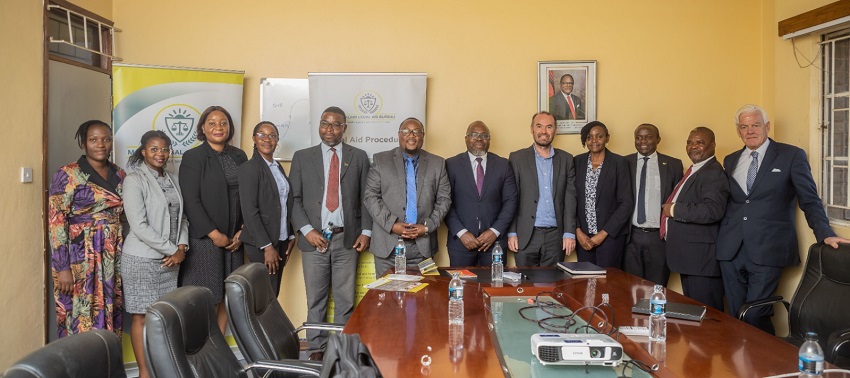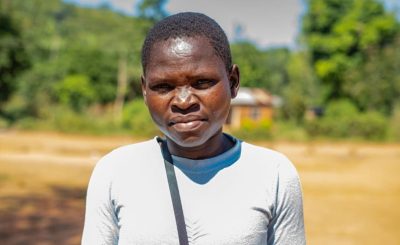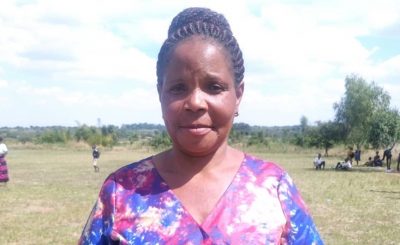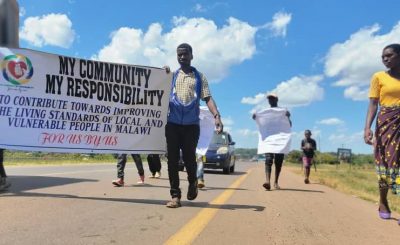Malawi has been commended for the strides being registered in implementing camp court activities.
Through the camp courts, a lot of vulnerable and poor Malaŵians with no access to private lawyers have been released after overstaying in detention.
According to delegation from Zambia which is in the country on a learning visit appreciating works under camp courts, setting up camp courts is one way of respecting the rights of individuals.
“With the regulations we have (in Zambia), the system will be easy to implement because we still have paralegals working with correction facilities, and we have civil societies stationed and working with the prisons.
“The only thing is that we don’t have courts coming to sit in to make sure that certain orders are made which are going to help decongest the prisons,” said Humphrey Mweeba, executive director for Legal Aid Board of Zambia.
On their learning visit at the Malawi Legal Aid Bureau Head Office in Lilongwe, the legal gurus highlighted that there is a potential to apply the Malawian camp court model to address prison congestion in Zambia.
The delegation included representatives from the Legal Aid Board of Zambia, Supreme Court of Zambia, National Prosecution Authority, Zambia Correctional Services, Irish Embassy Lusaka, and Irish Rule of Law International.
On his part, Malaŵi Legal Aid Bureau Director Trouble Kalua said the country is a shining example because the model has proven to be an efficient tool when it comes to dealing with prison congestion.
He said: “We can improve the system in the sense that we need to make it a more routine setup as opposed to the way we conduct on an ad-hoc basis and we also need to improve on how we can conduct these camp courts in all prisons.
“We also need to work on improving our working collaboration with the prosecution side in the sense that we should be able to invite all prosecutors that have been entrusted with all the matters we have in camp courts.”
Malawi Legal Aid Bureau is conducting camp courts alongside Paralegal Advisory Services (PASI) and the Irish Rule of Law International.
PASI identifies detainees whose matters are delayed in court due to the absence of legal representation. Once camp courts are set, a magistrate goes to the prison facilities, with the detainees being represented by lawyers from Legal Aid Bureau to have the matters heard.
Through the ruling made in the setup courts, the vulnerable and poor Malaŵians obtain bails or acquittals where need be.
Over the past year, Malawi Legal Aid Bureau has been representing over 300 detainees and managed to have them acquitted and granted bail.





